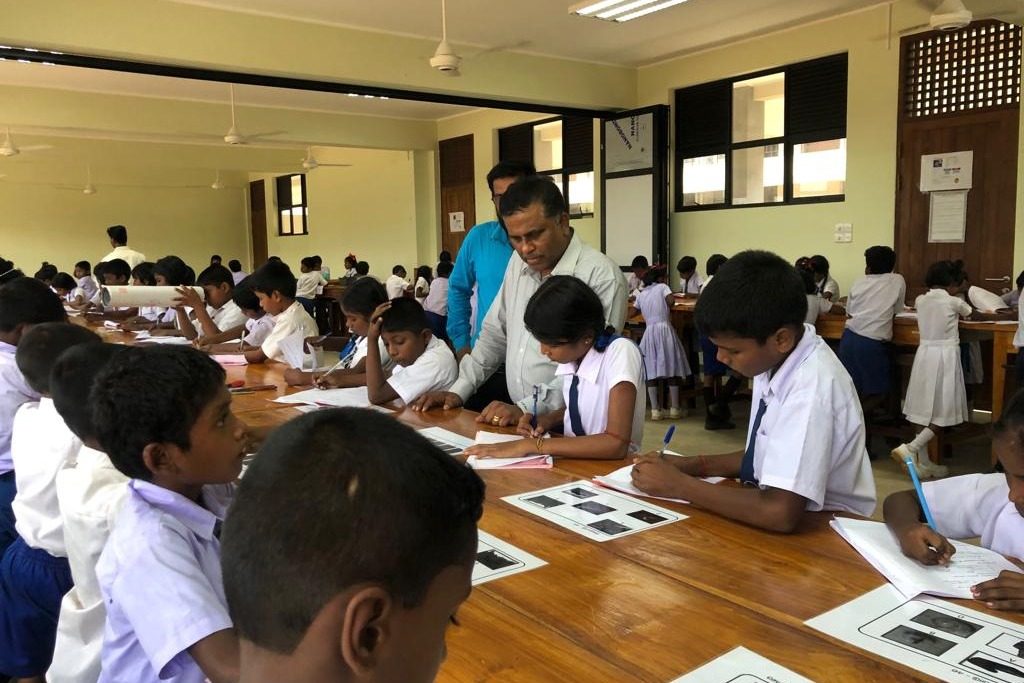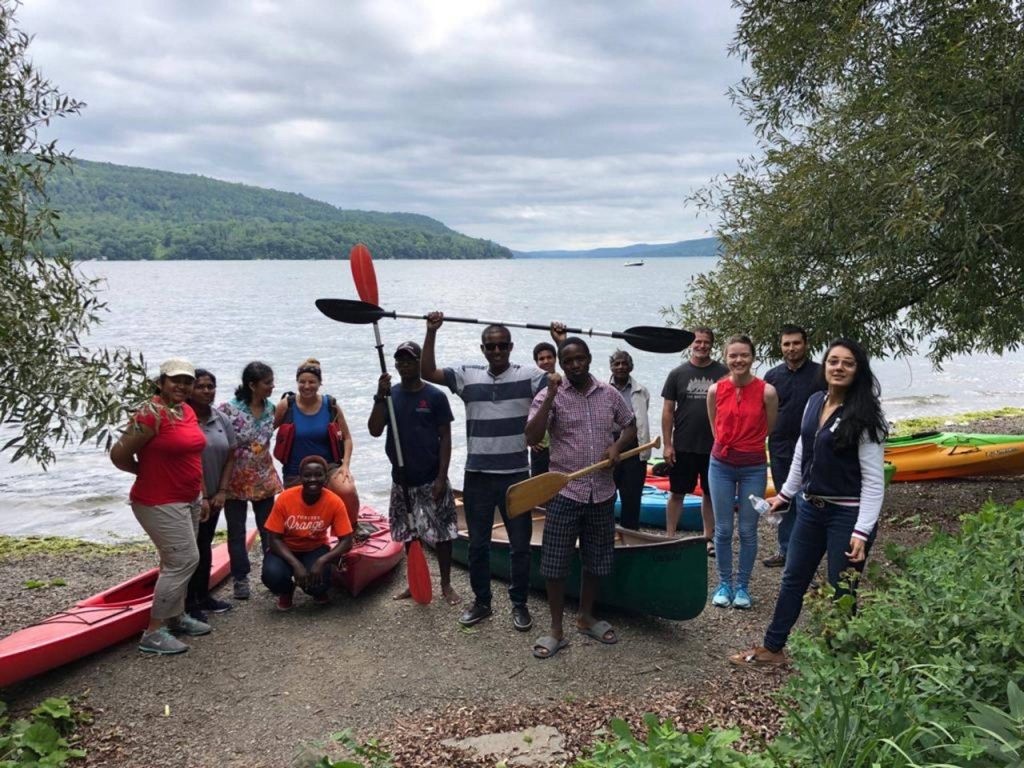Alex Thevaranjan
Alex Thevaranjan

Alex Thevaranjan said his faith in God and sense of moral obligation to his home country of Sri Lanka has motivated him to “go the extra mile” in helping others.
The associate professor of accounting has been at Syracuse University for 28 years and has been a mentor for students through his position as a faculty advisor for the Hendricks Chapel organization Brothers and Sisters in Christ All Nations, and as one of the co-founders of a task force that works with career services in The Whitman School of Management to help international students find jobs after graduation. And if that wasn’t enough, he also runs a program for international students living in the two Houses of Daniels, where students participate in leadership training and religious activities.
The program allows him to be a mentor to SU’s international students. As a former international student in Canada and the United States, he understands their experience. After growing up in Sri Lanka, Thevaranjan received a degree in civil engineering from the University of Peradeniya and obtained a scholarship in 1986, at age 24, to get a graduate degree at the University of Ottawa. Thevaranjan said studying abroad was his chance to explore fields of study outside of engineering.
“I was trying to move up in the education ladder,” he said. “I didn’t like engineering and I was looking for a way out of it.”

Studying abroad was a common occurence among members of his ethnic group, Sri Lankan Tamils, as it served as an escape from constant discrimination and a way to move up the social ladder, Thevaranjan said.
“They knew, being in a third world country, the way for you to come up is your study,” he said.
After earning his doctoral degree at the University of Minnesota in accounting, a subject he calls his “first love,” Thevaranjan became a professor at SU in 1993. Thevaranjan said that while his years at SU have allowed him to teach the subject he loves, he recognizes the unconscious biases that international professors may experience from members of the community.
He said he notices a large difference in how people react to his input during discussions in his home country versus in the U.S., where his accomplishments and input during discussions tend to go more unnoticed because he doesn’t speak the same way a member of the dominant culture, white and English, speaks, he said. While the lack of recognition is frustrating, the misunderstanding and minimization of his comments aren’t intentional, he said. He said It’s a difficult task for SU to combat unconscious and inherent biases but the university is doing its best to address them with diversity trainings for the faculty.
“I hope that in another decade, there will be greater understanding,” he said. “Are we there yet? No. Have we begun the journey? Absolutely and we’ve made progress.”
At SU, Thevaranjan continues to stick to his Sri Lankan roots. Since 1998, he’s taught thousands of students in the country’s war-torn areas, about subjects like entrepreneurship and has given leadership management seminars to civil servants. He has also trained former female militants to become preschoolers as a war recovery initiative for the Sri Lankan government.
The most important lesson Thevaranjan teaches his students is that in order to make the most of your life, you must strive to achieve certain goals: do something you’re passionate about, meet a need in the world and try to achieve it to the best of your best abilities. He also reminds his students at The House of Daniels in Syracuse about giving back to the communities they came from.
“You come to the U.S., you’re getting the best of US, okay. If you want to stay in the U.S., I’m not going to find fault with it. But you shouldn’t forget your country,” he said. “You can do so much for your people.”






